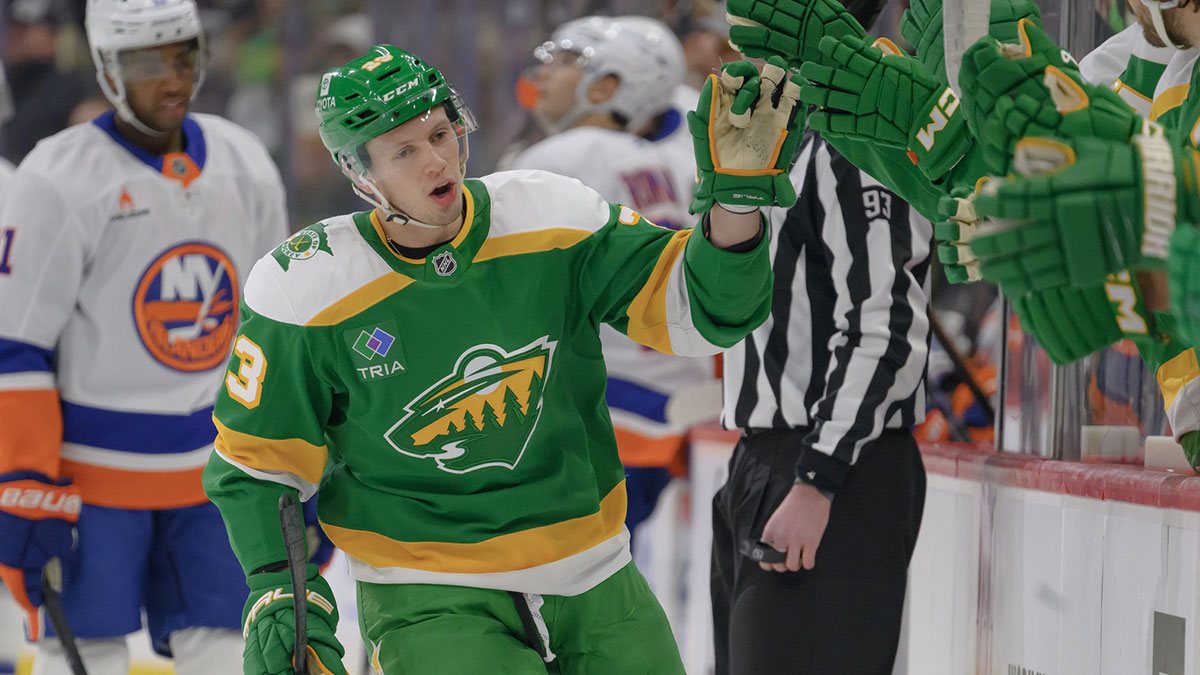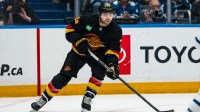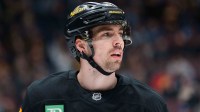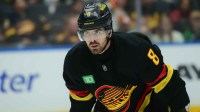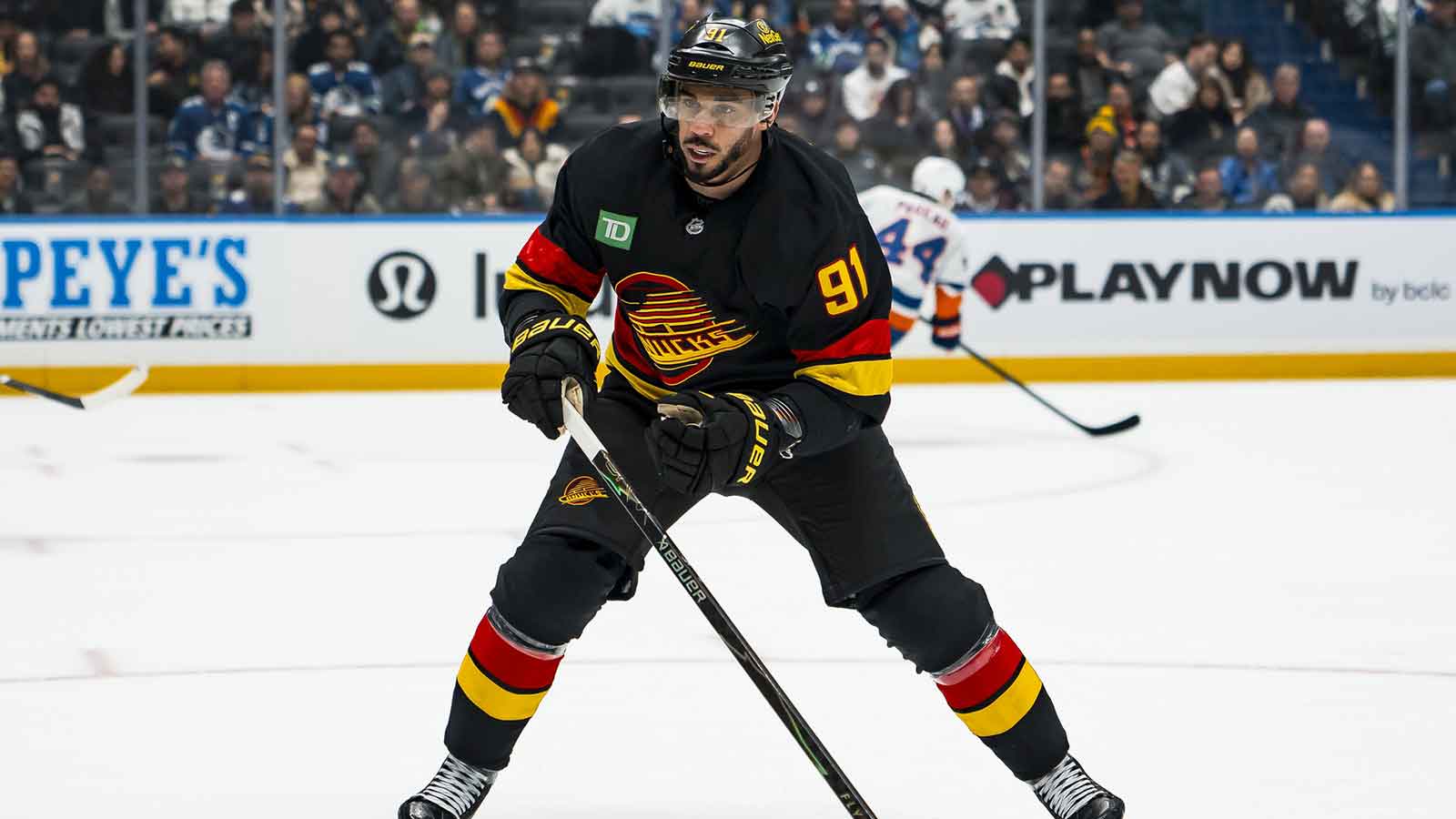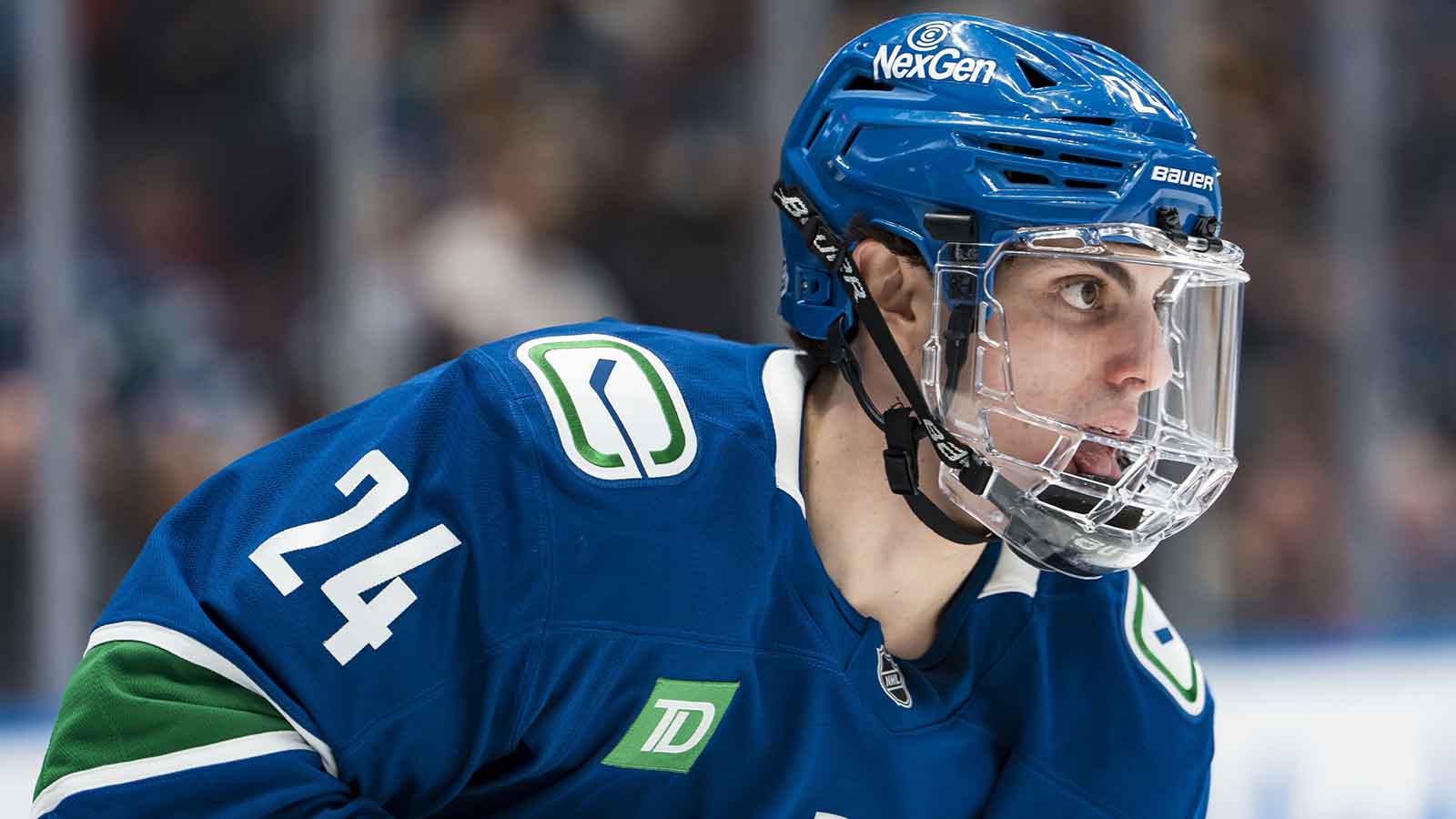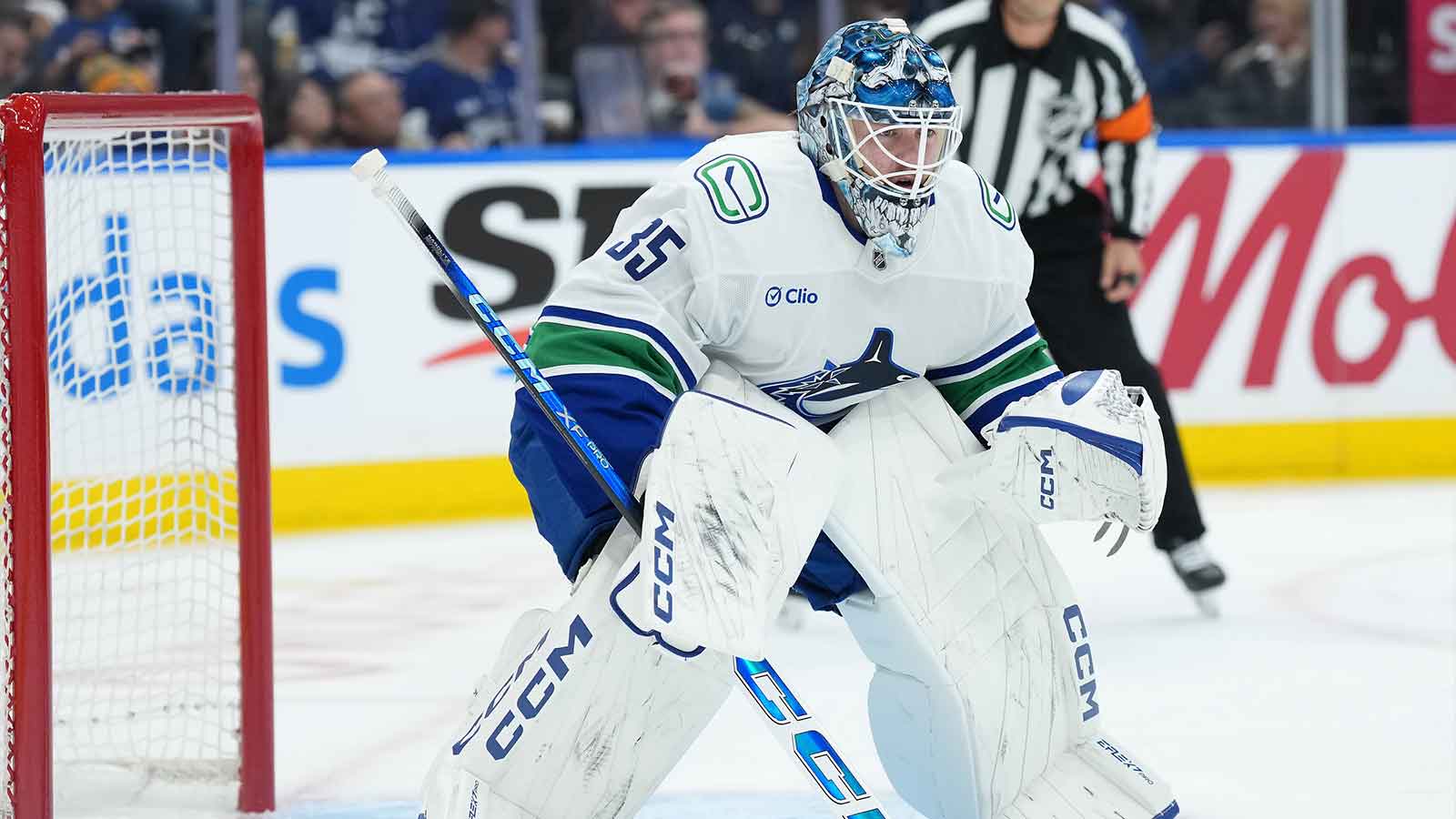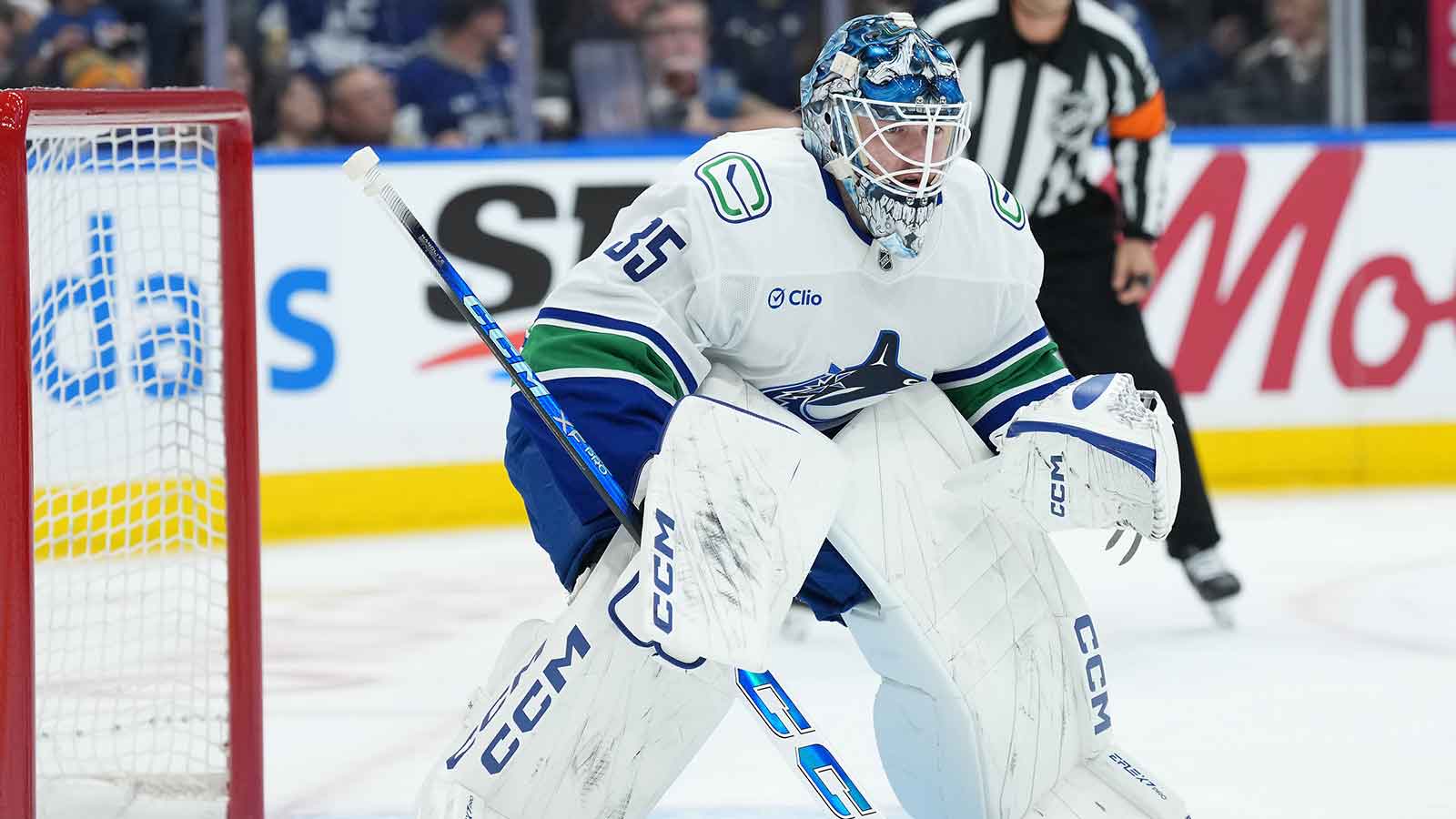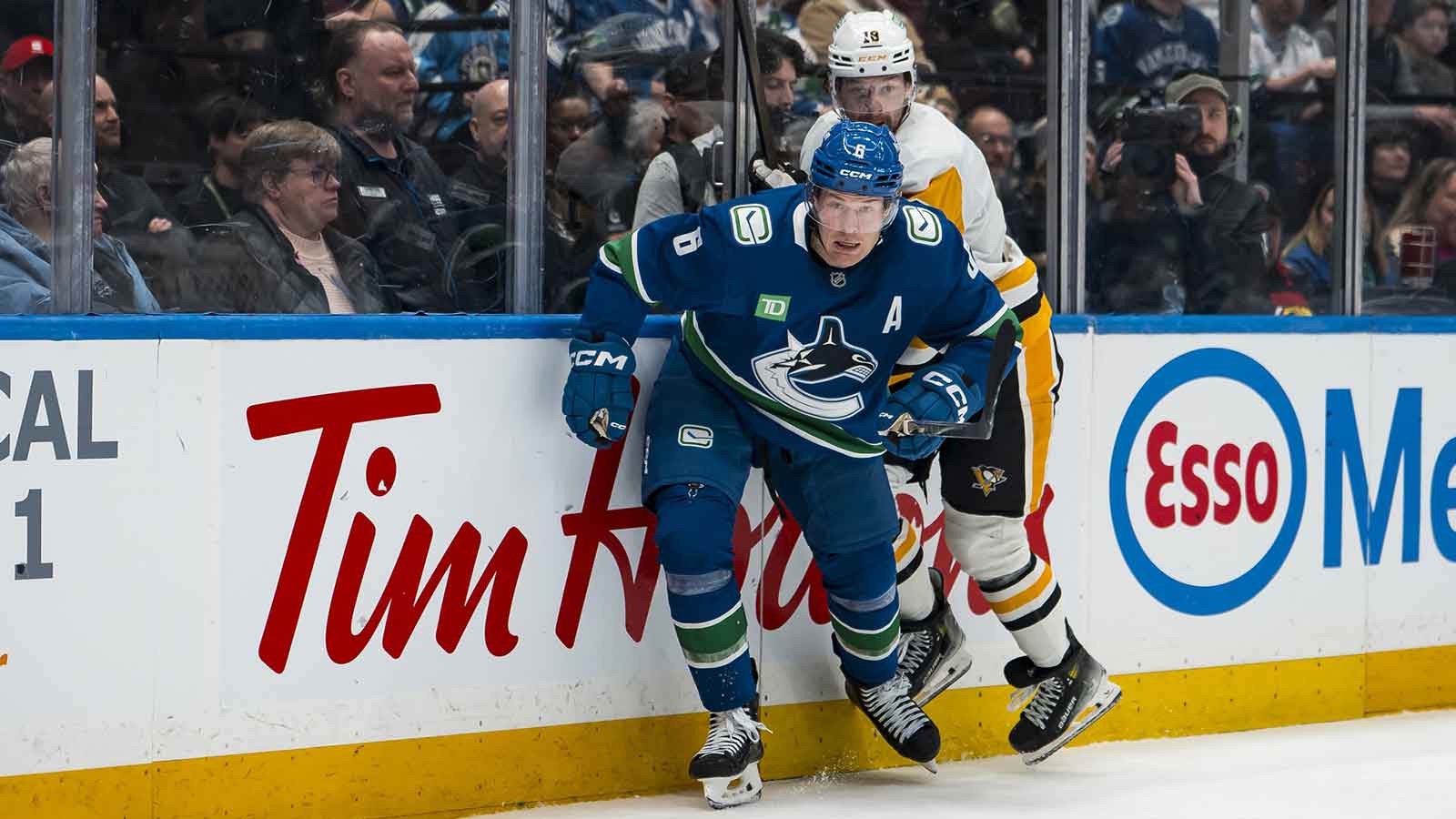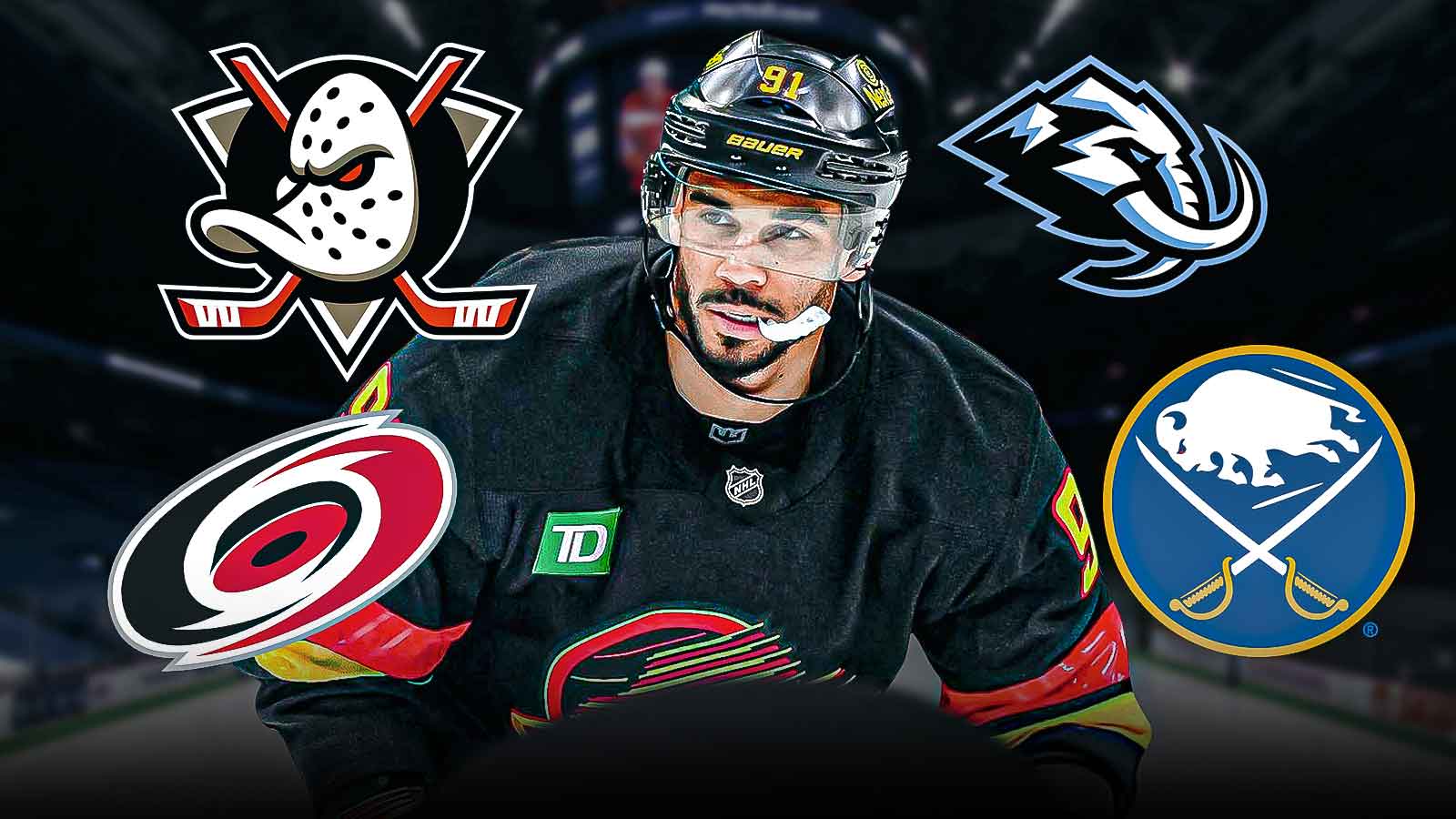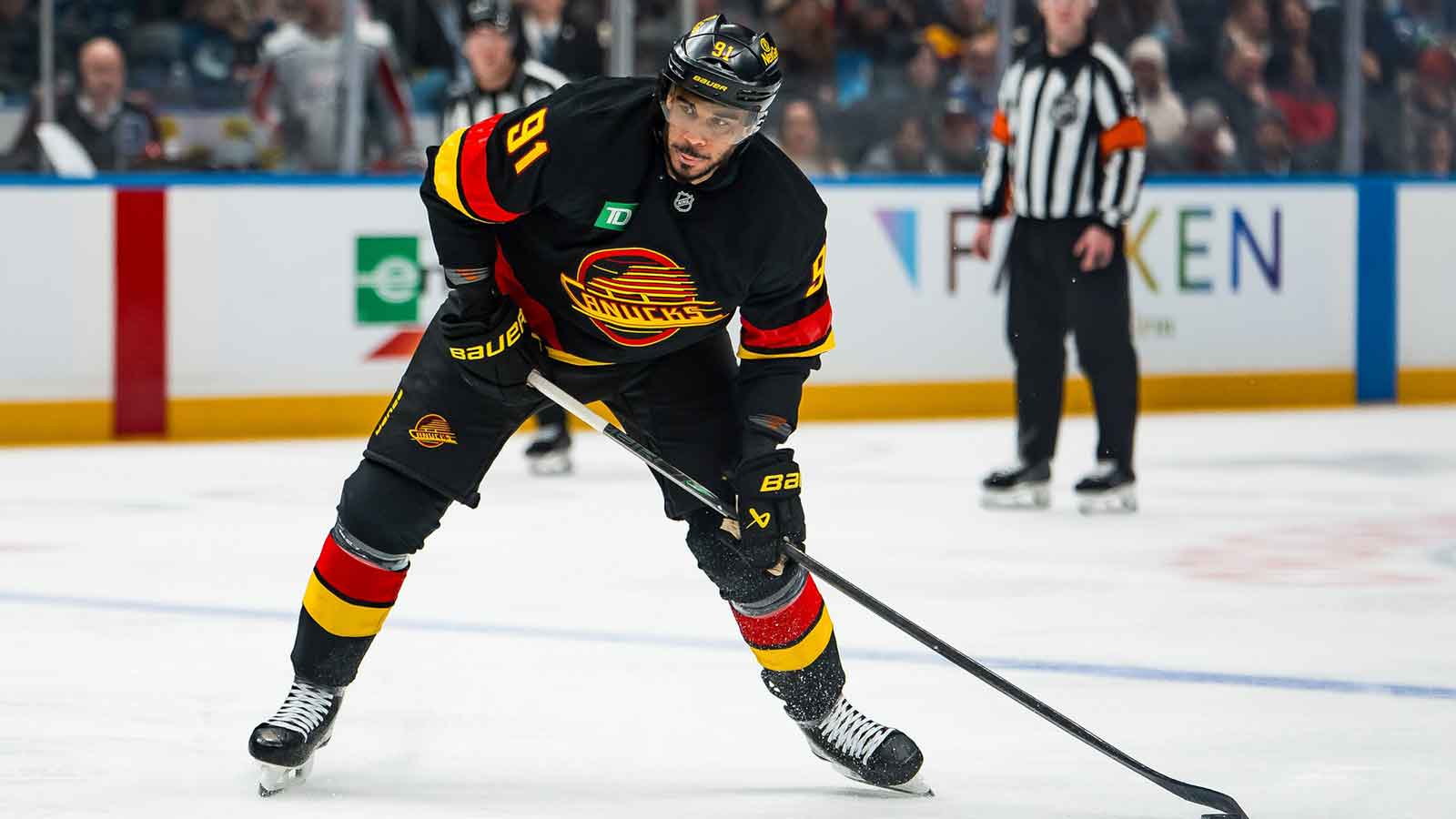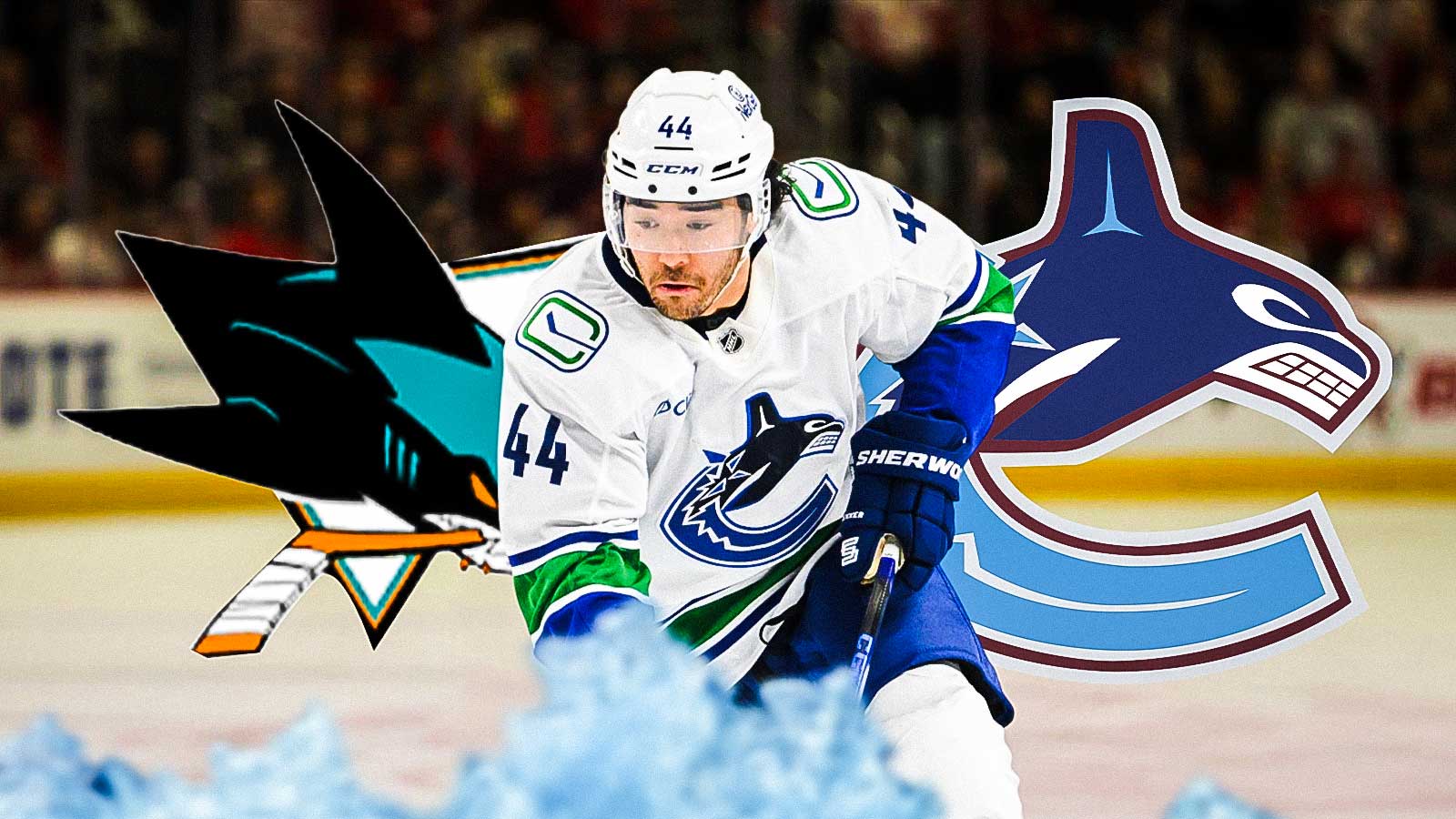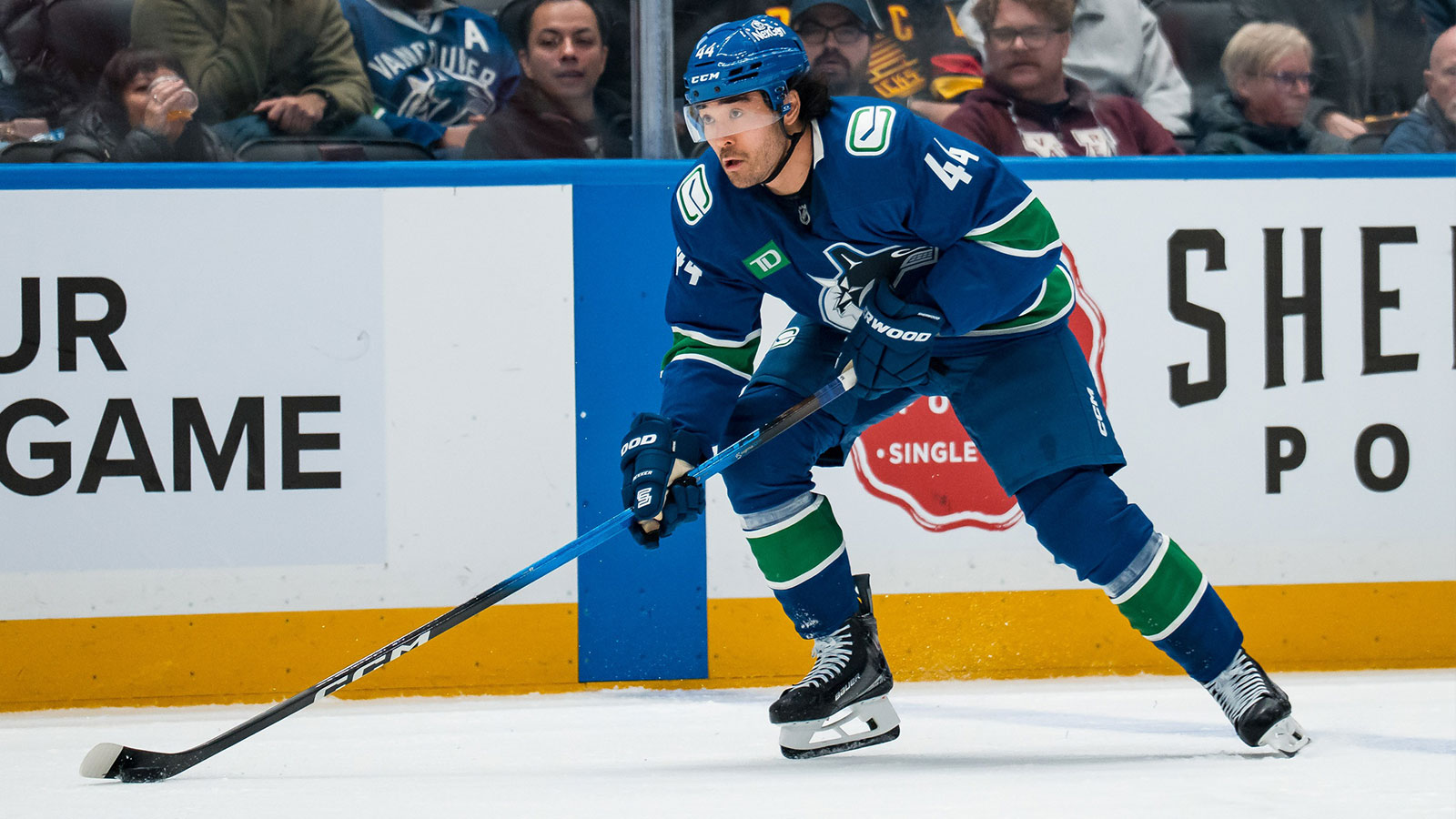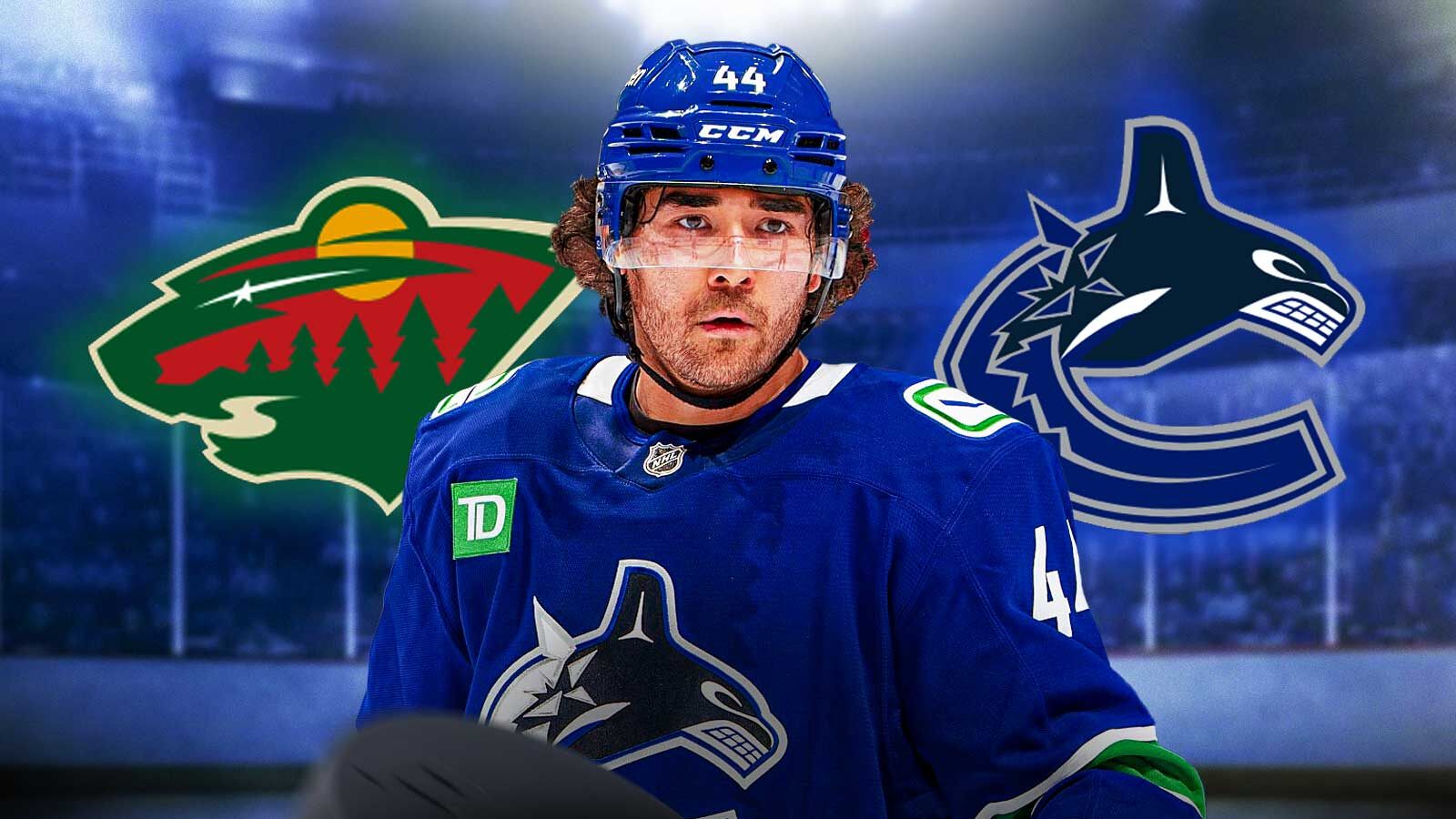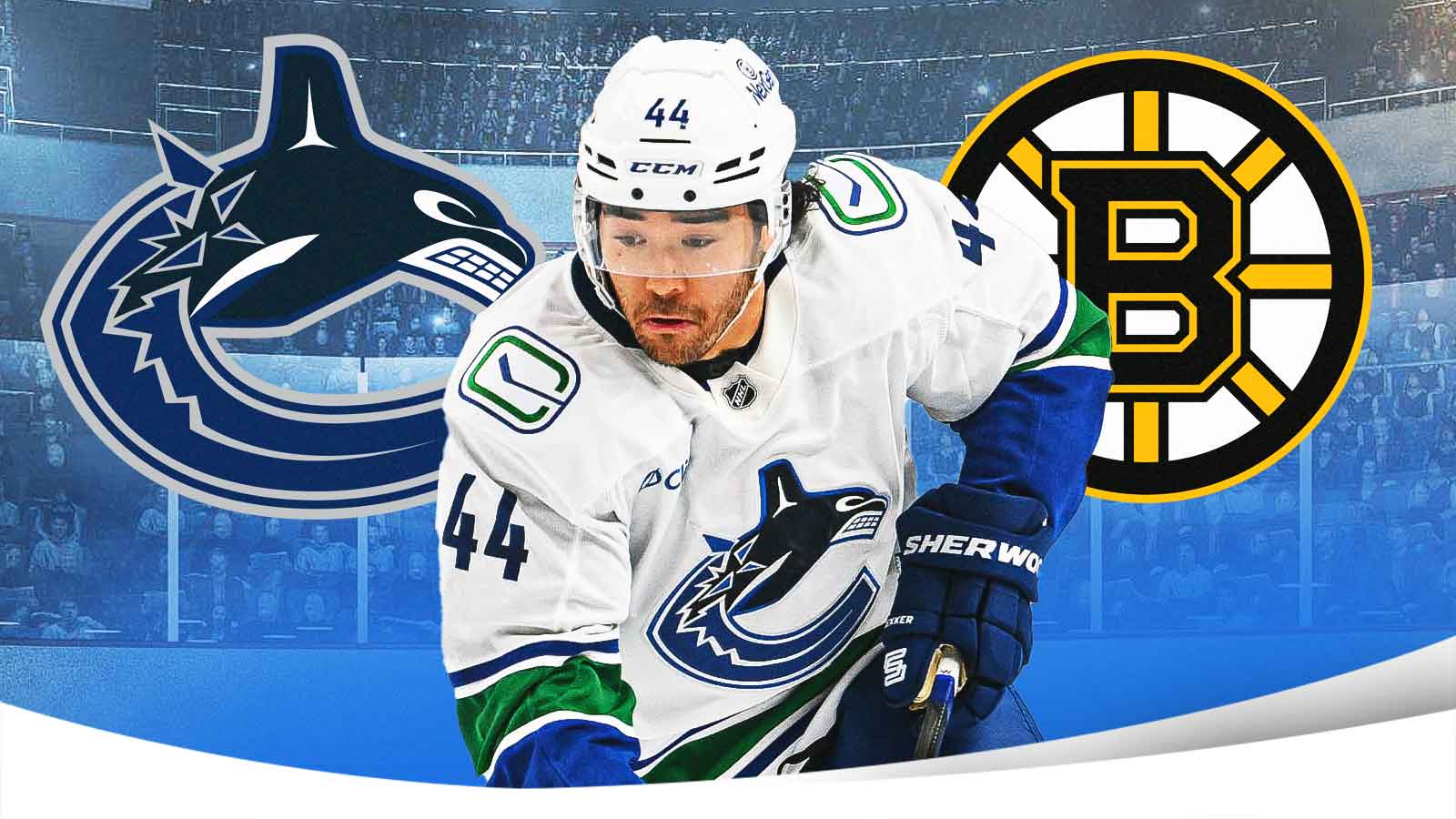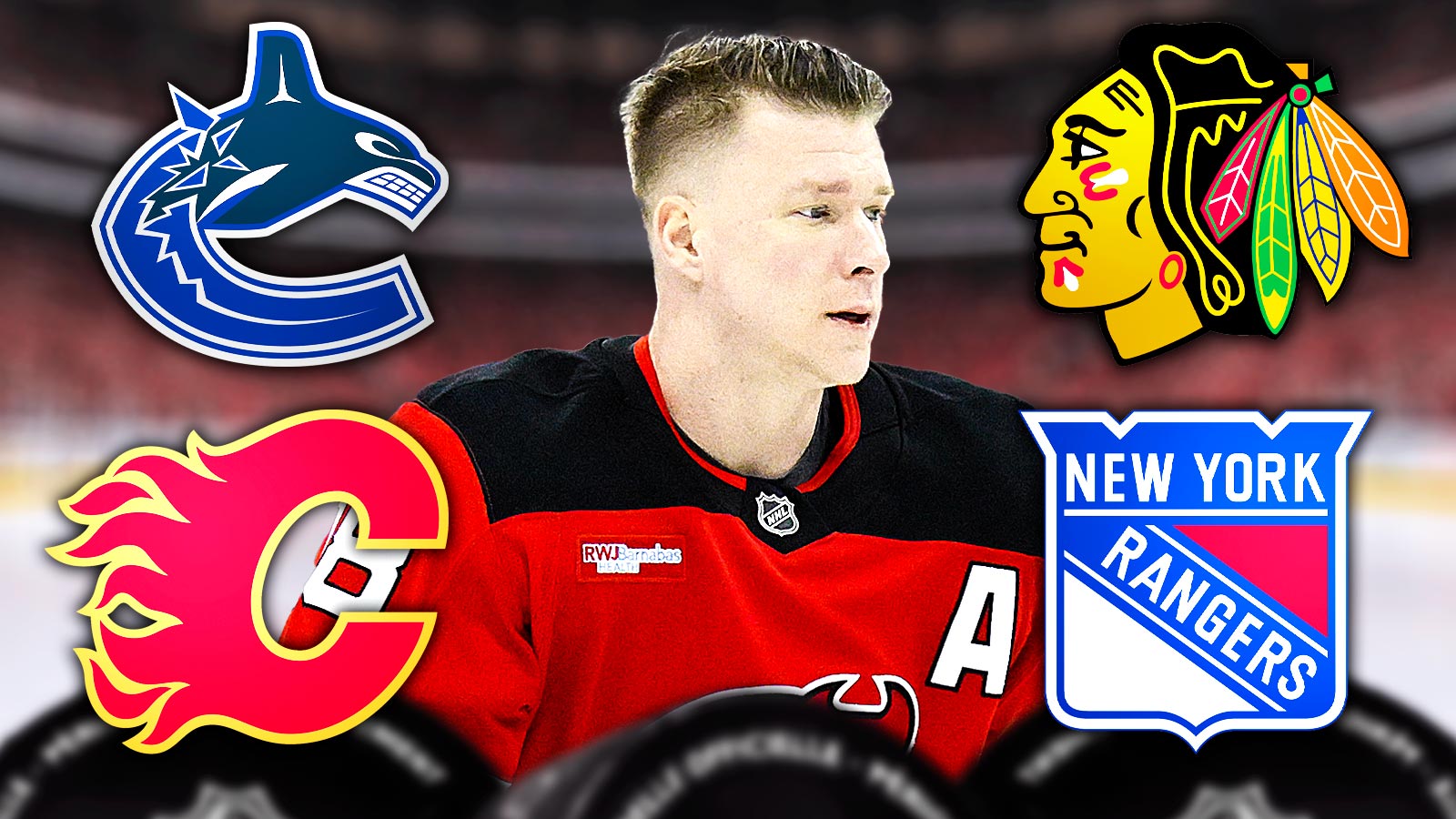Coming off a successful 2023-24 season that saw the Vancouver Canucks finish first in the Pacific Division, there were high hopes for the team this past year.
However, the season turned out very different than expected. The Canucks struggled, finishing the year with a 38-30-14 record, and missed the playoffs.
As a result, it seemed like the team could be a candidate for some big moves this offseason. While the Canucks were able to retain certain free agents though, and acquired one notable forward, the team didn't necessarily manage to make a ton of upgrades. With the Canucks looking for a bounce-back year, a similar roster on paper leaves questions about the likelihood of a return to the playoffs.
While the team's defense and goaltending are set, the Canucks still seem quite weak at the top of their forward group, specifically at center.
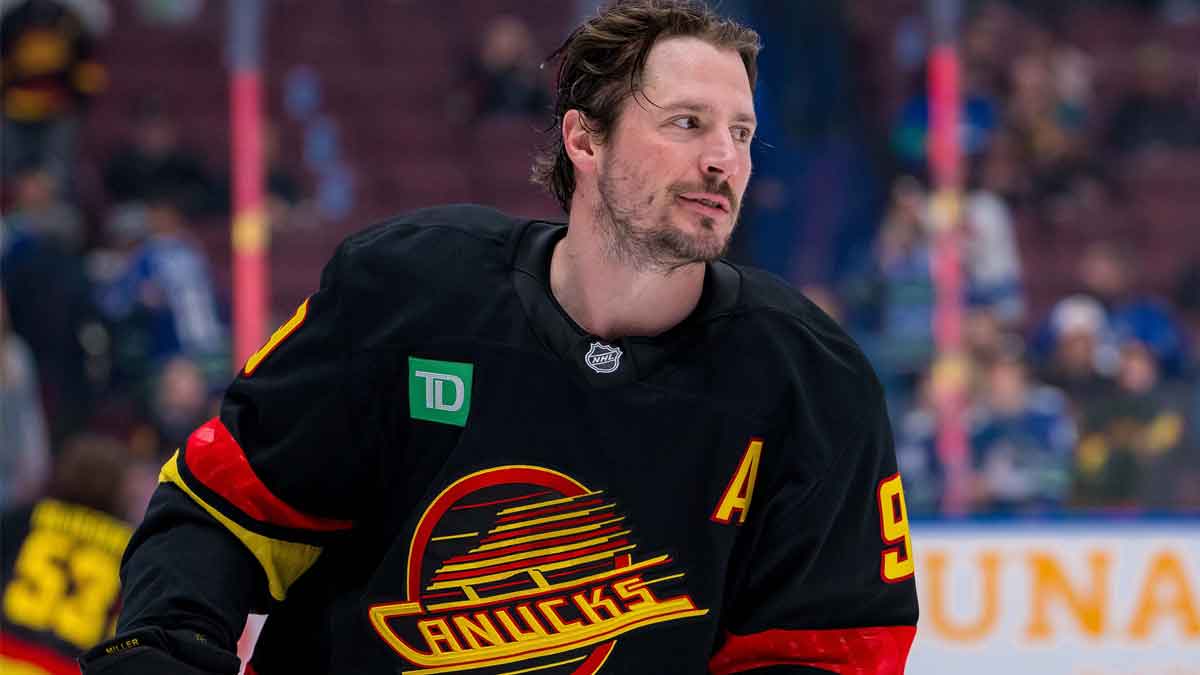
Canucks' forwards have been thin since trading J.T. Miller
Last season, the Canucks' forward group took a big hit when J.T. Miller was dealt to the New York Rangers. The trade came amidst reports of a rift between Miller and Elias Pettersson.
However, in dealing Miller, Vancouver lost one of their best players. Miller posted 37 goals and 103 points in the 2023-24 season, and had scored at an 82-game rate of 31 goals and 89 points over his six seasons in Vancouver.
The Canucks also weren't helped by Elias Pettersson struggling. Pettersson, who signed a massive contract extension in 2024, scored just 15 goals and 45 points in 64 games. Meanwhile, Brock Boeser's production also took a big step back.
Aside from Pettersson and Boeser, the Canucks also don't have enough top forwards surrounding them. Jake DeBrusk, Conor Garland, and Filip Chytil can provide decent offense, but none of that trio are likely to be high-end producers.
Plus, the team also lost Pius Suter in free agency. Suter, who scored 25 goals and 46 points with the Canucks last season, signed a two-year contract with the St. Louis Blues this summer. Plus, while Chytil still has a lot of upside when healthy, the team still doesn't have a clear solution for a second-line center.
Canucks did retain Brock Boeser and added Evander Kane
While the Canucks didn't make a ton of moves up front, they did manage to extend forward Brock Boeser. The winger was set to become an unrestricted free agent, but signed a seven-year extension with Vancouver on July 1, at a $7.25 million cap hit.
Boeser has been one of the team's top offensive contributors over the past eight years. This past season, Boeser scored 25 goals and 50 points in 75 games. That said, his ceiling is higher, and in the 2023-24 season, the winger scored 40 goals and 73 points with Vancouver.
The team also made one notable addition up front, adding Evander Kane. The Canucks acquired the veteran winger from the Edmonton Oilers in exchange for a fourth-round pick.
Kane missed the regular season with injuries, but did suit up for the playoffs. In 21 postseason games, Kane posted six goals and six points. The prior season, Kane had posted 24 goals and 44 points in 77 games. He's 34 years old and has one year left on his contract, at a $5.1 million cap hit.
While extending Boeser and adding Kane does help, the top of the team's forward group remains a weakness. Even with Boeser in the fold last season, the team finished 23rd in the NHL in goals. Then, while Kane can provide middle-six offense, he likely won't be a game-changer for Vancouver. Plus, there's an argument that the team would've been better suited to seek an upgrade at center.
Canucks would've benefitted from a bigger top-six upgrade
The biggest thing that could hold the Canucks back next season is a need for improvement at the top of their forward group. The Canucks will be counting on rebound years from Pettersson and Boeser, but there isn't necessarily a lot of high-end support around them. The likes of Garland, DeBrusk, Chytil, and Kane could all provide decent offense, but the team could still suffer from a lack of high-end talent up front, specifically down the middle.
That said, they also realistically didn't have a ton of options this summer. The free agent class was thin, and top free agents in Mitch Marner and Nikolaj Ehlers, seemed destined to leave Canada. Meanwhile, a lot of the top centers available in John Tavares, Matt Duchene, and Brock Nelson re-signed with their respective teams.
The Canucks did reportedly attempt to land restricted free agent Marco Rossi from the Minnesota Wild. Rossi is just 24 years old and is a former ninth-overall draft pick. This past season, Rossi posted 24 goals and 60 points in 82 games.
Of course, any trade for a top-six center is going to require major assets going back the other way. Vancouver also doesn't necessarily have an overly strong prospect pool, so moving future assets could create issues down the road.
But the Canucks find themselves at a bit of a crossroads. The team is built primarily around players in their mid-to-late 20s, which should fit a window to compete now. Without upgrading their top-six, though, it's difficult to imagine the team being a true contender next season.

